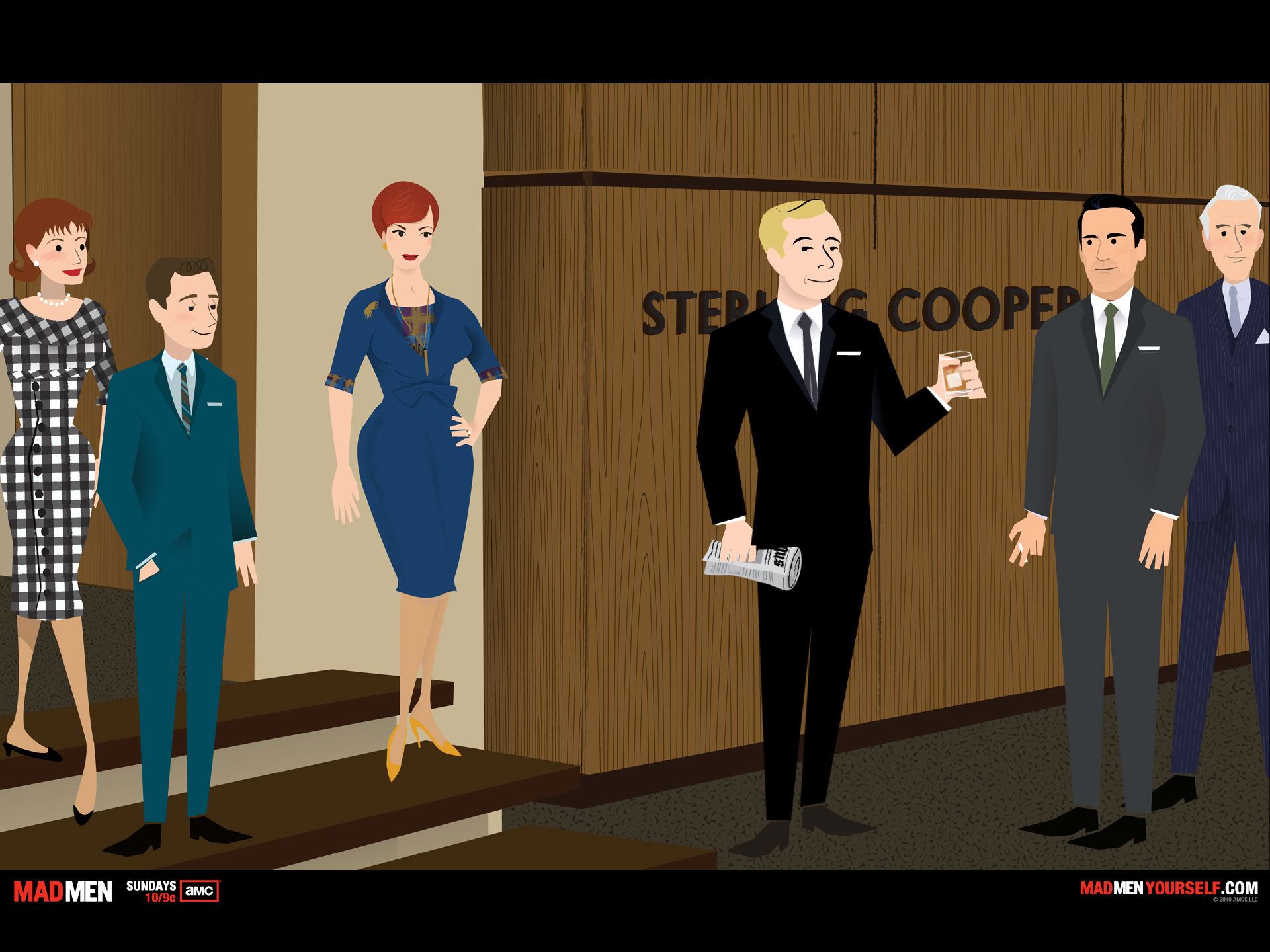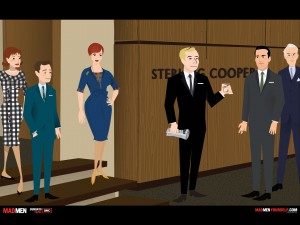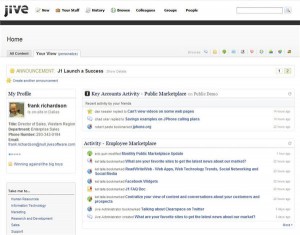I love a good self-improvement quest. For me, the most important part of self-improvement is having a goal. This is always easy with career or financial goals, but when examining a more personal area of self-improvement the goals become a little more intangible. I guess this is why I started on a search for a male role model, they make a more tangible personal goal.
In the IT Industry there is really only one person who seemed like a modern role model, and that was Jack Dorsey (who I have mentioned before). His business success speaks for itself, however he is personally not one dimensional. Jack also has a diverse background, understated confidence and the communication skills to convey these dimensions of his personality. He’s a great place to start, but I feel uncomfortable modelling myself on one person. Emulating someone doesn’t add dimensions or make you more genuine, it does the opposite by making you a clone who isn’t true to themselves.
Perhaps what I needed was a maverick role model who gave me the confidence to communicate who I am. I’m looking for someone piercing, inspirational and grounded. Enter Steve McQueen. The guy pretty much personified the maverick – he was a racing car driver and A-list actor, yet his signature pose was the famous Le Mans Salute. There are plenty of people who seem to follow Steve’s fashion or other style guidelines even now. I don’t need to be this unique, but I do love his qualities of being genuine, multi-faceted and inspirational.
Perhaps I was searching for more than a role model, perhaps I was searching for an ideal. I decided (off the back of continual references in “How to win friends and influence people”) to read Benjamin Franklin’s auto-biography. His 13 vitues for life resonated with me, but really are quite dry. I will still try and follow these to make myself successful, but there is a difference between being successful and inspirational. Highly disciplined and intelligent people usually have great success, but there is a sense of loneliness that occurs when you are too one dimensional.
The next phase of my search was instigated by the series Mad Men. Don Draper covers all my fundamental criteria; he is certainly piercing, intelligent and inspirational. But my God does he have some flaws, which this info-graph summarises beautifully. Then again, it’s these flaws that make him a more genuine and relatable character (person?). Perhaps the goal shouldn’t be to make ones self perfect, but perhaps the goal should focus entirely on communicating who you are? This involves not only being able to communicate your personality in an interesting and accessible way, but also to communicate your vulnerabilities so that people relate to rather than rebut against your views.
Finally, I found someone who writes on this topic in a far more fluent manner than myself. Chris has written a great blog on his Better Man Project. He even touched on my line of thought several times, including his very amusing dissection of Steve McQueen. I have a deep admiration for Chris’s communication ability and transparent self-examinations. Perhaps the ultimate irony is that the best way to become a genuinely inspirational person is to write about the struggles along your journey to becoming an inspirational person? This is becoming way too meta.
For now I am running with a Mad Men era hair style, a book of Steve McQueen pictures and quotes and following @Jack on Twitter. Next step is to work on improving my communication skills. Hopefully this blog post is a start.



